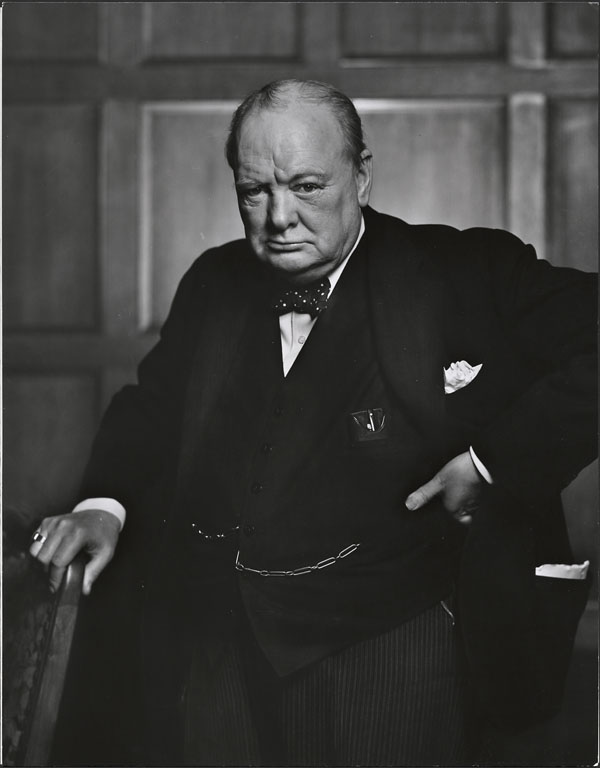Winston Churchill and His Role in Partition of India
Winston Churchill’s (1874-1965)
Winston Churchill (1874-1965), renowned as Britain’s steadfast Prime Minister during World War II, also played a substantial role in shaping British colonial policies, including those concerning India. His stance on India’s partition, especially concerning the Muslim community, is complex and often contentious.
Winston Churchill and His Role in the Partition of India
Winston Churchill, the renowned British Prime Minister, is best known for his leadership during World War II. However, his legacy also encompasses significant influence over British colonial policies, particularly concerning India. His views on India’s partition and his interactions with the Muslim community are marked by complexity and controversy.
Early Life and Political Career
Winston Churchill, born in 1874, had a long and influential career in British politics, spanning several decades. His upbringing and beliefs aligned with British imperialist ideology, which held the British Empire’s global dominance in high regard. Churchill’s controversial stance was exemplified by his opposition to the Quit India Movement, where he criticized Indian leaders, calling them ‘rascals, rogues, and freebooters.’ His dismissive view of Indian leadership contrasted sharply with their aspirations for self-governance, highlighting his imperialist mindset.
Churchill’s Relationship with India
Churchill and Muslim Community
Complex Relations:
Winston Churchill’s relationships with the Muslim community in India were intricate. He grasped the demands of the Muslim League and the communal tensions prevalent in India, yet he quietly supported the League. As one of the key figures in the division of India along religious lines, Churchill played a significant role in shaping the subsequent mayhem and the enduring legacy it carries today. His nuanced stance reflected broader strategic interests in the region.
Strategic Considerations:
Some historians argue that Churchill, like other British officials, saw the divide between Hindus and Muslims as a strategic advantage for maintaining British influence. The British “divide and rule” policy had been a long-standing colonial strategy.
Hindsight and Partition of India
Churchill’s policies, particularly his support for the partition of India, had lasting effects on the newly formed nations of India and Pakistan. The immediate aftermath saw widespread violence, displacement, and strained diplomatic relations between the two countries. Churchill’s decisions contributed to this volatile environment, as his reluctance to engage with Indian leaders hindered a more peaceful transition.
In the years following the partition, Churchill reflected on the outcomes of his policies. While he acknowledged the challenges of British colonial rule, he remained largely unrepentant regarding the partition’s consequences. This attitude reflects the complexity of his legacy, as it shows both his commitment to the British Empire and a lack of foresight regarding the impact of his decisions on post-partition India and Pakistan.
Hindsight
In hindsight, the partitioning of India by the British in the mid-20th century resulted in the creation of two nations — India and Pakistan — that have since grappled with significant volatility. The decision was primarily driven by the British principle of ‘divide and rule,’ exemplified by legislation such as the Muslim Personal Law (Shariat) Application Act of 1937, which imposed regressive laws. This policy provided the British with a pretext for exploiting geopolitical strategy and exacerbating communal tensions to divide the country. The legacy of partition remains a contentious issue, impacting regional and global politics to this day.
The immediate aftermath of partition was characterized by widespread violence, mass migrations, and deep-seated animosity between India and Pakistan. These hostilities, fueled by the divide-and-rule policy of the British, have endured, leading to several wars and ongoing territorial disputes, notably over Kashmir. The consequences of partition persist, shaping the socio-political landscape of South Asia and exerting significant influence on diplomatic relations, security concerns, and the livelihoods of millions in the region.
The Partition of India
While Churchill himself was not directly involved in the negotiations leading up to the partition of India in 1947, the groundwork laid by him and his predecessors significantly contributed to the division of communities. Critics of Mahatma Gandhi argue that he covertly supported the partition, thereby exacerbating the circumstances that led to the country’s division. Churchill’s reluctance to grant self-rule and his belief in the superiority of British colonial governance fostered an atmosphere resistant to Indian self-determination.
Churchill’s attitudes, representative of many British officials, contributed to delaying India’s independence. His skepticism of Indian leadership and his efforts to maintain British control inadvertently contributed to the polarization that led to partition.
Winston Churchill’s Complex Legacy in the Partition of India
Churchill’s interactions with the Muslim community in India were nuanced, shaped by strategic considerations and the long-standing British policy of “divide and rule.” His indirect influence on the partition and his nuanced relationship with the Muslim League further complicated his legacy.
The partition of India, driven by geopolitical strategy and communal tensions, has left a lasting impact on South Asia’s political landscape. The resulting volatility between India and Pakistan underscores the far-reaching effects of decisions made during the colonial period.
In world history, Winston Churchill’s legacy remains a topic of ongoing debate, encapsulating broader themes of colonialism and decolonization. While his influence is undeniably significant, it is characterized by contradictions and complex motivations. The enduring discourse surrounding his legacy underscores the intricate interplay between power, ideology, and historical outcomes, echoing throughout the annals of world history.
In conclusion, Winston Churchill’s legacy in the partition of India illuminates the complexities of leadership during a turbulent period in global history. His actions and attitudes persistently resonate in contemporary discussions, underscoring the imperative of critically evaluating historical figures and their profound impacts on the world stage.
Feature Image: Click here to view the image. [Credit https://Flickr.com]
